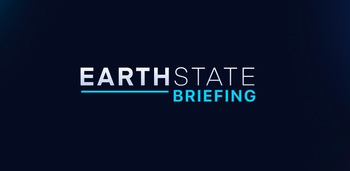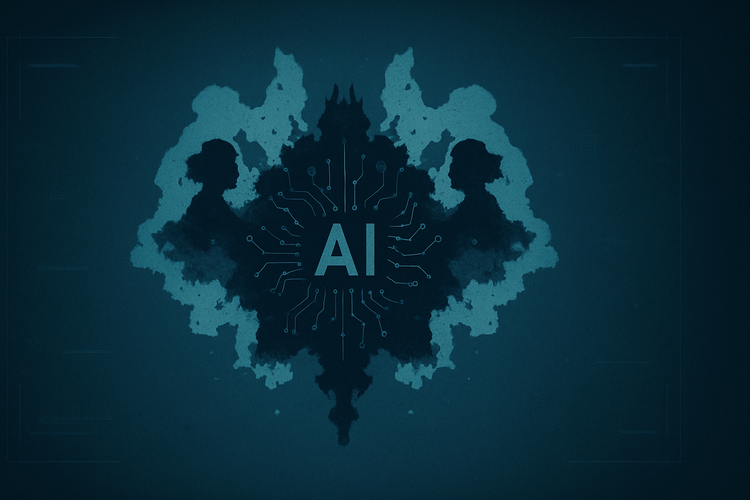In many places people have extremely little access to the technologies, assets and tools that could improve their lives and give them self-sovereignty. With Web3 this has the potential to change and people could gain access to opportunities that were previously unavailable to them.
As an example, in Argentina where there are traces everywhere of distrust and even trauma related to the country's economic failures, there's talk of using cryptocurrency to build an alternative economic system that could enable citizens to meet their human needs in more secure and accessible ways.
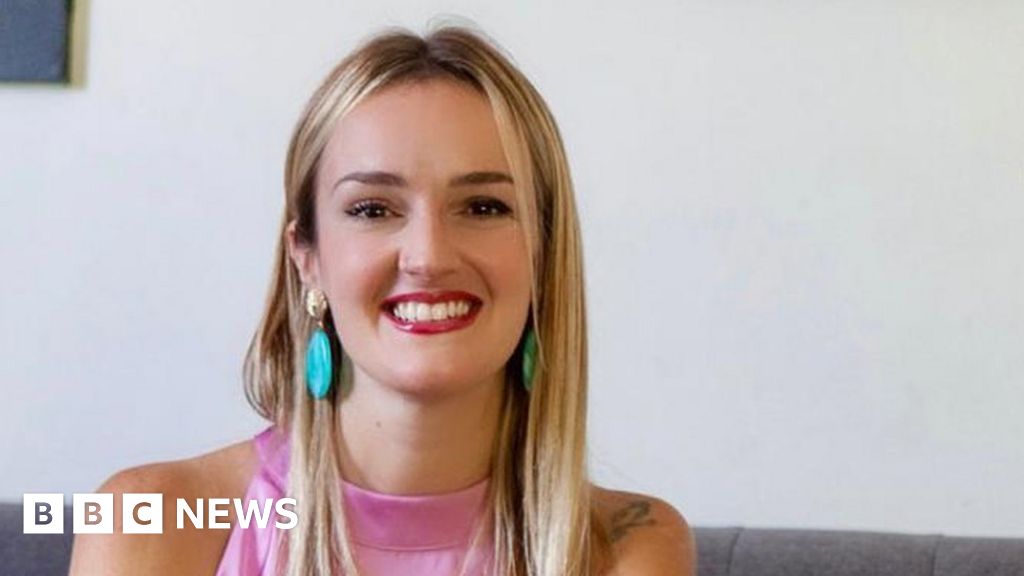
Community Inclusion Currencies (CICs)
CICs is a community-driven mutual credit mechanism that enables people to exchange goods and services and set up new businesses. It helps local economies and communities to keep moving despite having insufficient national currency and volatile money markets.
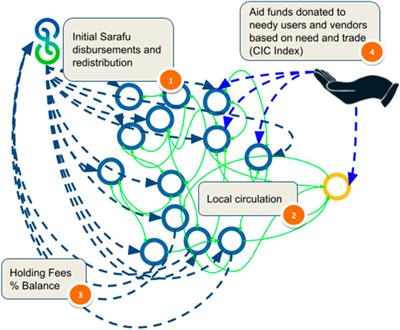
Grassroots Economics, a non-profit foundation in East Africa, focuses on community development through economic empowerment, and is dedicated to helping communities realise and share their abundance. To-date they have helped set up community inclusion currency programs in more than 45 communities across Kenya.
Grassroots Economics enables users to access cryptocurrencies using their feature-phones, as very few community members have smartphones.
Our goal is to improve the lives of those who are most vulnerable.
Empowering youth
In Cape Town, South Africa, Younglings is an organisation that creates an environment for young people who aspire to become Software Developers and are passionate about the craft, to succeed.
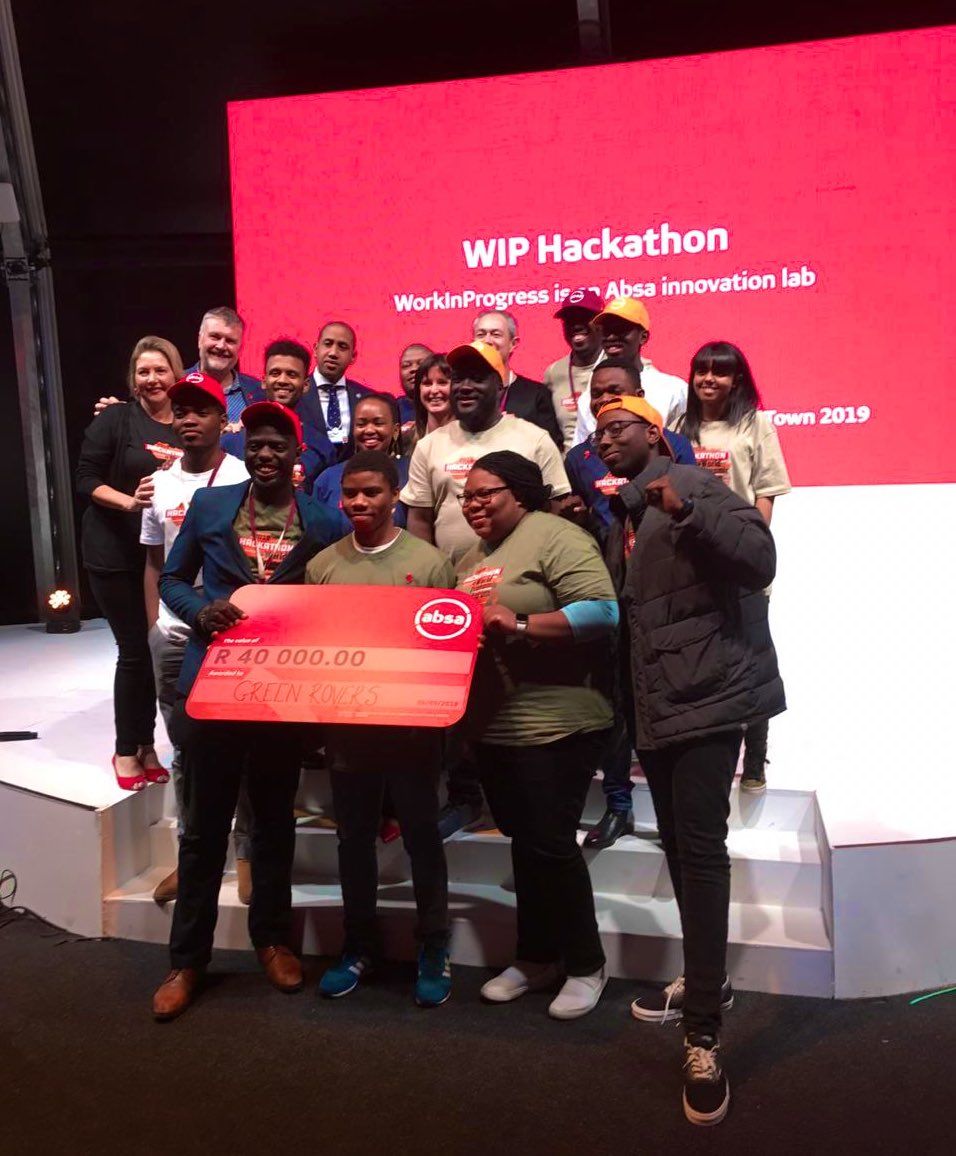
Alwyn van Wyk who is the Head of Developer Success at ixo - the Web3 Internet of Impact, and founder of Younglings, says that it’s about unlocking people’s potential. “Everybody has potential, but not everyone has access to opportunities for using their potential.”
Young people between the ages of 18 to 28 who find their way into the organisation he founded are nurtured to become formidable software developers who can access opportunities in the tech industry.
Younglings is now beginning to train and support youth to become successful developers on Web3, in partnership with ixo. This is critical for addressing the capacity gap of Web3 developers in Africa, but it also brings the perspective of youth from disadvantaged backgrounds to build Web3 applications that will really meet the needs of their communities.
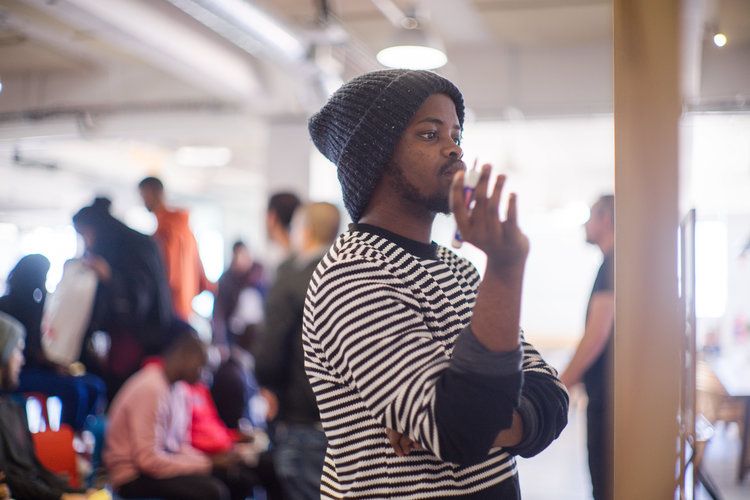
Mobile Apps
Access to mobile applications has drastically improved over the past few years. The user experience is also constantly being updated and optimized, making it simpler and more convenient for people to access the internet – and now Web3 – on their smartphones. This access unlocks a wealth of opportunities, including the ability to obtain crypto assets and store them in a secure wallet. In addition, it provides users with the ability to access a variety of digital services to conduct business and participate in tokenised economies anywhere in the world.
As an example of significant progress in bringing Web3 to end-users in local communities across the world, the ixo Internet of Impact is now accessible through mobile web apps using the Interchain crypto wallet that has been natively integrated into the Opera mobile browser.

Celo is another Web3 innovator bringing crypto to communities, by making it easy for users to get and manage their keys, without the barrier of having to deal with mnemonic phrases and complicated key recovery mechanisms.
Pesabase, a Celo grant recipient, is building a wallet that connects East African Mobile Wallets to the Celo Blockchain, allowing easy remittance and payments. Pesabase provides Africans with an inexpensive way to spend money on family and friends and pay for goods and services.

Through the Celo mobile wallet, the following features are available:
- Scalable PoS consensus + EVM compatibility
- Carbon negative
- A SNARK-based light client that can sync from the web app
- Pay for gas with ERC20 tokens
- Decentralised phone verification
- FiatConnect + Connect The World Initiative
Argent is the best of Ethereum at a fraction of the cost. The application allows users to buy, earn, stake and trade on ETH Layer 2 with extremely low fees and bulletproof security.
We need wide adoption of social recovery wallets. - Vitalik Buterin
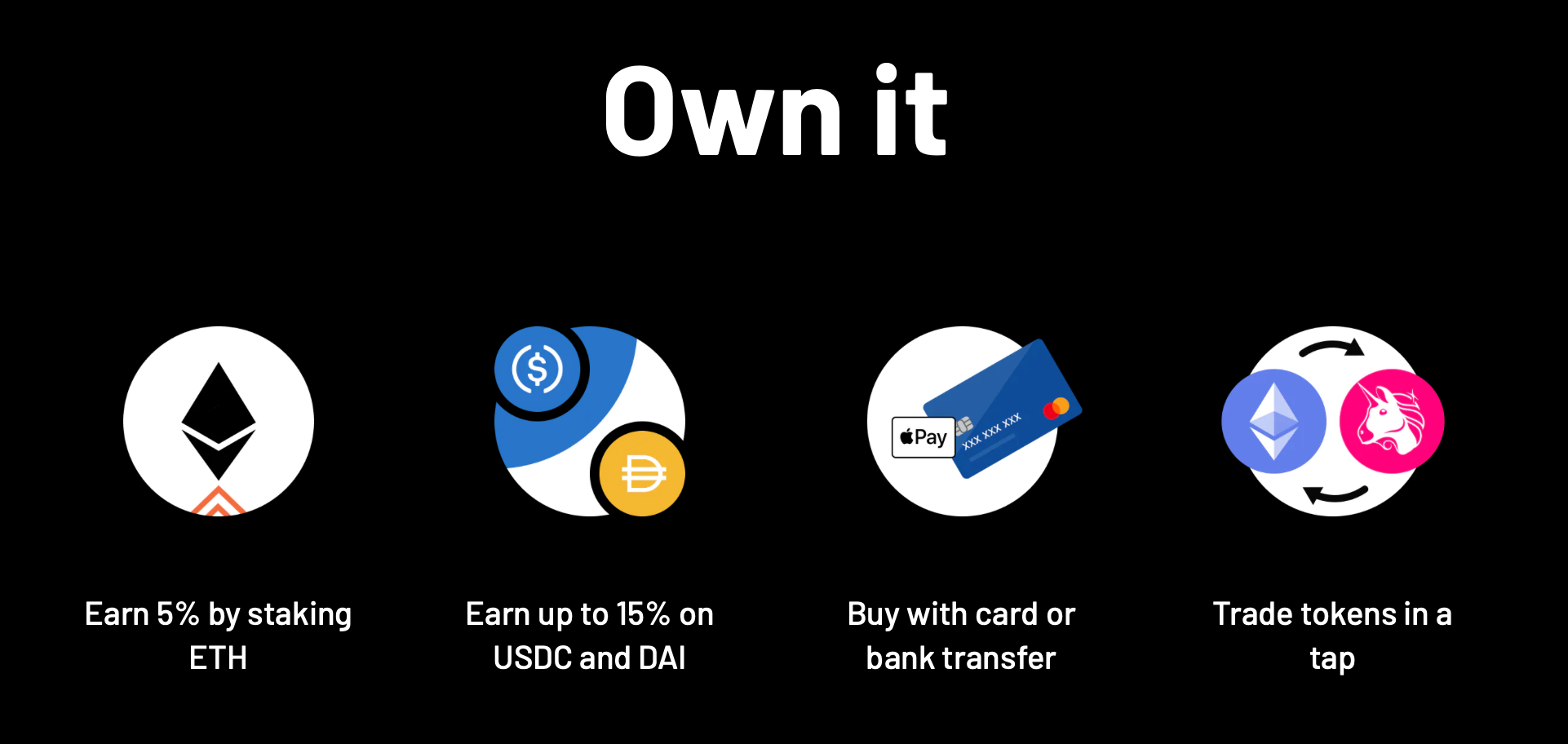
A developer's perspective
Alwyn describes an experiment that was run in an Indian slum. Experimenters built a computer into a wall, and over time children would come to it and begin playing around on it. The experimenters kept going back and watching what was happening. Later, they found that the children had taught themselves how to use it, even though they had no previous exposure to it anywhere else.
And that's just the human capability. People will be able to help themselves if they just have access to technologies, to learning materials, to opportunities, to community currencies – where they'll be able to generate value or generate transferable value out of their own initiatives and their own talents. - Alwyn
From a developer's point of view, Alwyn says that it always needs to begin with the people on the ground. What are their needs? And what for? With such a vast number of projects, not all would follow this way of thinking or development. It's too easy to get caught up in the 'tech' part. After R&D, the applications need to be useful in people's everyday lives. Even though there can be challenges with bringing new technologies to communities, if you stop and listen to what the end user needs, you're already ten steps ahead.



